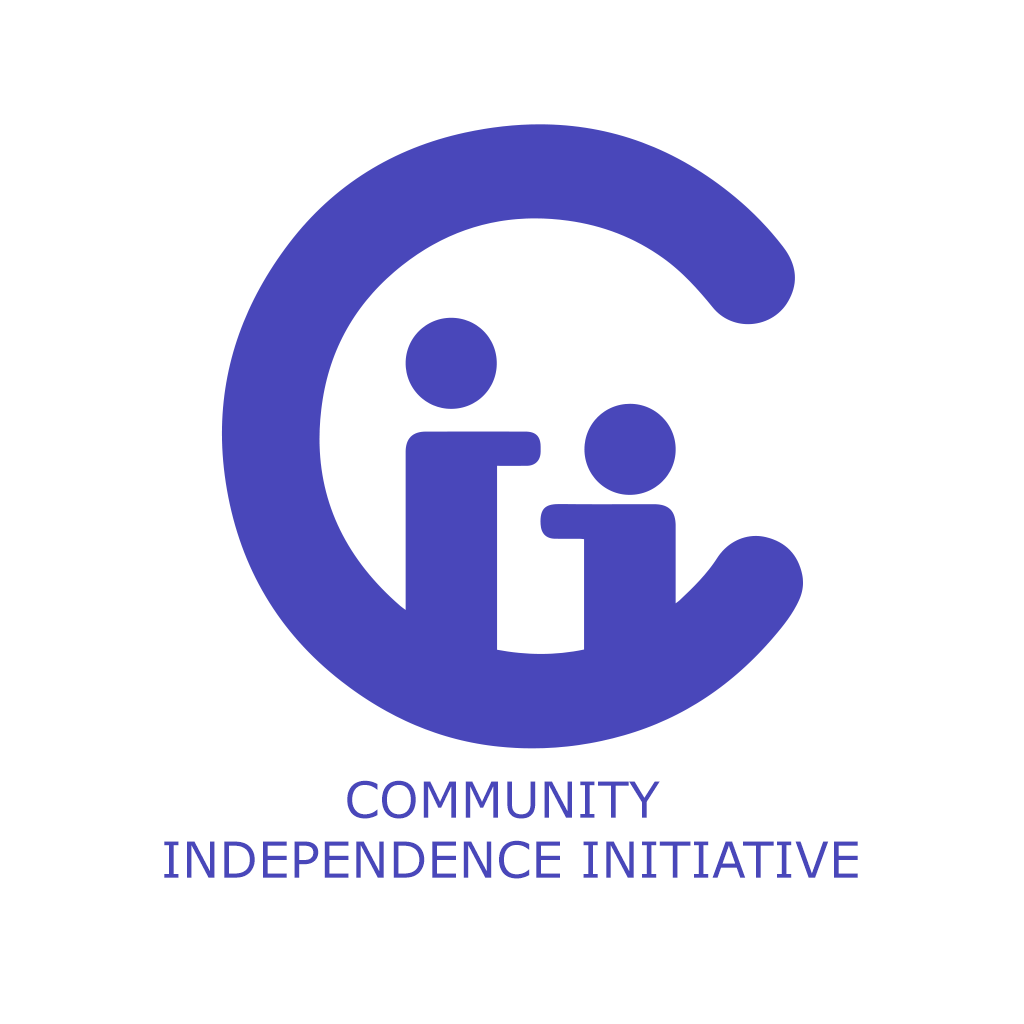Peer-driven Change
A new field leading to bottom-up social change
The everyday people that society thinks are charity cases can and do lead their own change. The role of nonprofits should be to support these peer led efforts. Below are some examples from the data being collected by the Community Independence Initiative, CII.
Colombia;
The civil strife displaced many families who ended up living in the hills around Santa Marta, Colombia. There are no roads or walkways making it extremely dangerous, so Edith and Ana, both participating in the CII project there, took it upon themselves to organize others to build staircases, making it easier and safer to move around there. In similar communities, residents don’t wait for government or nonprofits to try to fix their lives. Sadly, these self-help efforts are often ignored.
Mexico:
In Jalisco Mexico, many of the CII participants are employed, but are in dead-end jobs, lucky if they get any annual wage increase. Being employed helps you survive but not get ahead, so many run small businesses on the side. Sharing is a core principle of Peer-driven Change and Christina wanted to share what she had learned running her business. Peer role models are what drives change in CII and so word went out and last week 20 families joined a zoom call organized by one of Christina’s friends. With help from others they put a Power Point presentation together and had a great session. Now others have decided to start or improve their businesses and earnings. Peer role models is what drives Peer-driven Change.
Also in Mexico, Josefina started making wallets out of bandana and as that succeeded, she added new products including shirts, backpacks and face masks. She is marketing them online and is now getting orders from other states in Mexico. She also wants to share her success. These families are sponsored by Children International which has made small investments into the efforts of the families. As they have made progress, they then step up to share their skills and improve their community.
Liberia:
Corporate business and government economic activity is small there and doesn’t create enough jobs for everyone so up to 80% of the economic activity is based on resident entrepreneurship. People sell soap, charcoal, rice as well as make concrete blocks for building homes. CII is now able to track over 500 of these ventures on a monthly basis. As the lives of the CII participants have gotten better, they have started to meet monthly and are self-organizing local projects to improve their community.
At their February meeting Ruth and Alexander decided to start a rape education project. “This problem is on the increase per the day and there is a need for proper awareness” is how they described it. At the same meeting Irene, Emmanuel and Felecia are focusing on starting a sanitation project. “… because it will help clean the community and make it safer from mosquitos which causes malaria for our people”. This is what happens when you turn the responsibility for change back to the residents. They are also pooling some of their own funds in a susu, savings group, to fund their activities. Once they start the project and have a budget, CII will put the projects online, on the Liberia Mutuality Platform, so that others can match their efforts. Rather than outsiders or nonprofits coming up with solutions and leading, let us recognize and back self-help and mutuality.
Ottis is also active in the community and besides community projects, he wants to create more jobs for the young people there. He runs a small business making and selling concrete blocks. CII did a small $100 investment and he has been very successful. Now he knows that if he can get a truck to deliver the blocks he can double or triple his business and the jobs he creates. His new goal will also be put up online on the Liberia Mutuality Platform where you can also invest in this effort. Investing directly in the residents allows them to then lead broader community improvement projects and these impacts sustain because they are owned by the participants.
